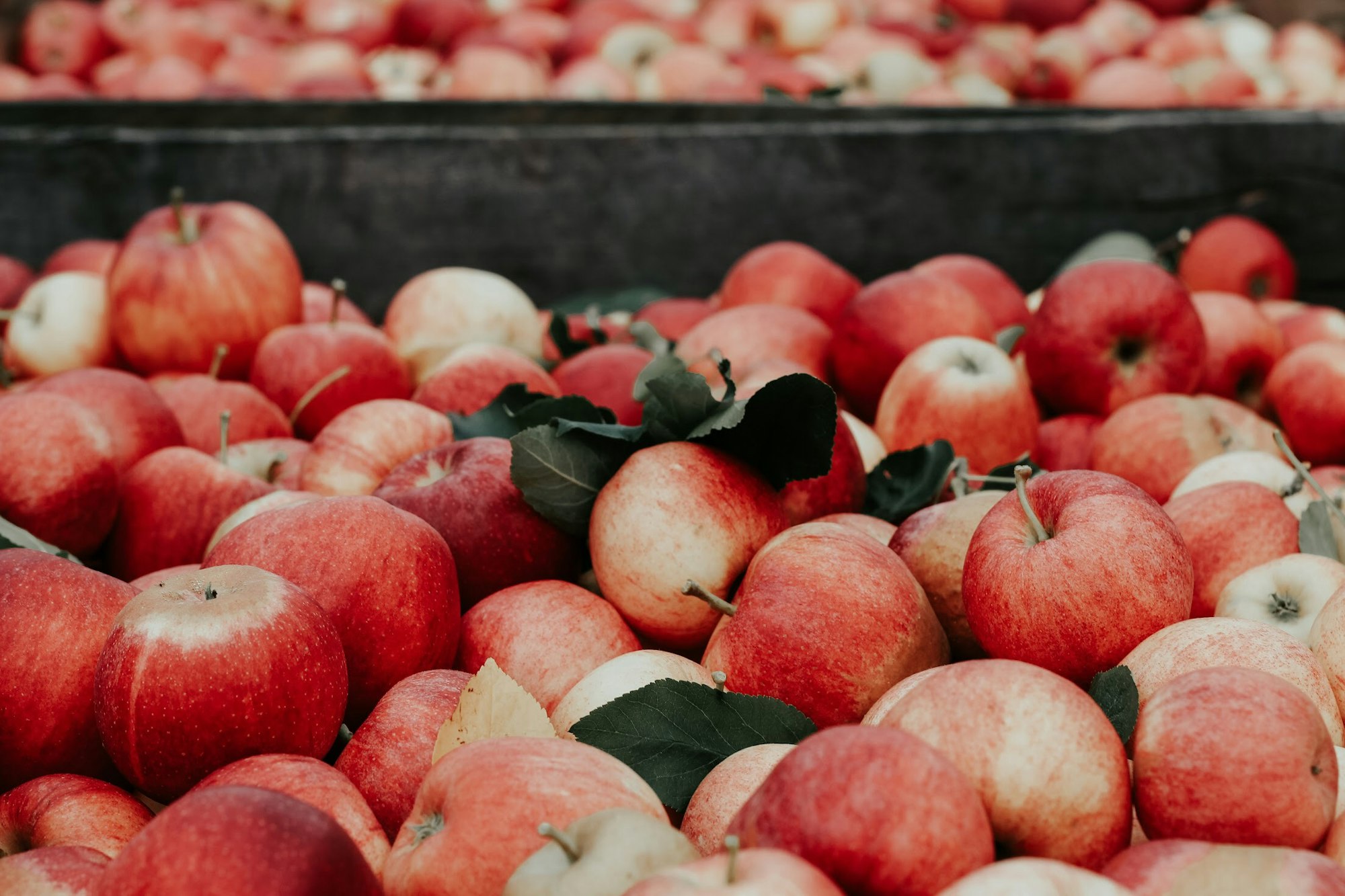Mon 19 - Seidr

Seidr - Welsh for cider. A cunning way to conjoin today’s themes. For, indeed, Wales is today’s destination (its capital Cardiff to be precise) but a cider farm en route perhaps.
Gwatkins is a cider that often appears at beer festivals so was known to Liz and I before we tried to find the farm. Even armed with a detailed description from the Hereford Cider Trail it is not obvious, especially coming at it from the south (as we did) where it is a couple of miles away from its declared village of Abbey Dore. The cider vendor at the farm explained this by it being in the parish of Abbey Dore from which it takes its address rather than the nearer hamlet of Bacton.
Anyway it produces several different cider types and a couple of perries. Most are available bottled but here at the farm they will fill 1pt or 4pt containers for around £2 a pint (cheaper if you buy in bulk). Rule #1 at any cider farm - do not ask how much cider is produced! Small cider producers are allowed 7000l per annum before being liable for duty1. This is double good - it allows farmers to make a bob or two out of producing cider and so increases the number of artisan cider producers. It also means the cider drinker can pay less for his tipple than the beer drinker - doubly so if inebriation becomes part of the equation as cider is generally significantly stronger than beer, often twice as strong, and may be as strong as 8.5% and still be revenue exempt. That was so good to type I’m going to do it again ‘revenue exempt’!
Cider can be sweet, dry, apply, woody, have a strong straw taste, all manner of flavour. Like beer this can be down to production and yeast but in cider much of the flavour is determined by the apple variety(ies) involved - although many cider producers, particularly when trying to woo teenage fans will add sweetener. Of all the apple varieties, in my never humble opinion there is one that stands head and shoulders above all others - Kingston Black. - a ‘bittersharp’ apple high in tannin and natural fruit acid that makes an exemplary dry/medium-dry cider. Indeed my first ever real cider was Dixie’s Kingston Black, sold by an old boy (long since dead) down by the wharf in Bristol 2Gwatkins Kingston Black is good, very good although their extremely dry Old Rats Tail (don’t ya just love cider names), a single varietal cider made from Ashton Bitter apples really suits my palette too.
Now you learn all sorts of stuff talking to folk. For example, we discussed with our host the sweetness of perry (like cider Uprefer bone-dry). He told us that pears contain sorbitol, a natural sweetener that is not fermented out. Not fermented out that is until it reaches the human gut where bacteria do work upon it. With two effects, firstly laxative but also the gaseous by-product of this internal fermentation gets trapped and leaves the perry drinker feeling bloated yet with a relaxed bowel. So, there you are, aren't you glad I shared that with you?
Enough - onwards to Abergavenny where we mooched around finding a pork pie for lunch and a special 40th anniversary edition of Belle De Jour on dvd in a charity shop (I have the film but the special edition was worth it for the booklet and mini poster). Abergavenny is one of so many towns that offered so much promise but disappointed.
Onwards - down past the grimness of Ebbw Vale and the Thatcher-raped valleys of South Wales into the traffic jam known as Cardiff. Actually once over the river it wasn’t too bad and the campsite nestles next to Glamorgan cricket ground very close to the city centre. Expensive the campsite might be (at £30 per night) but location, location, location - it is less than 1/2 mile from the city centre, castle and Museum of Wales. Just as importantly it is no more than 200 yards or so from the converted victorian mews that is now the Evan Evans brewery owned Cricketers pub where, in probably the only non-Wetherspoons pub in any UK capital city you can still get an excellent pint of beer for under £3
Nos da.
-
A couple of years ago an EU directive came out telling the UK government that this exemption should be stopped. It was the only time I had any sympathy for the concept of Brexit. Fortunately a lobby of interested parties got the UK governement to persuade the EU to revise their opinion. ↩
-
Dixie was a typical mutton-chop bearded Somerset man, in days when Bristol was considered part of Somerset. He told a tale of selling his cider to a German tourist. Enquiring on the visitor’s origins Dixie learned the chap came from Frankfurt. Dixie ;pointed out that he too had been to Frankfurt, many years ago to spray the apple trees. When the tourist asked why he had gone all that way and what was special about his spraying, the old wag said his spraying was special as it was done from a Lancaster bomber! ↩